The 11th Biannual International Conference of the European Society for Ecological Economics (ESEE) with the theme “transformations” was hosted this summer by the University of Leeds, United Kingdom. Researcher and NPE team member Adrian Braun participated in this event and presented CSR practices in the Barents region, particularly focusing on the metal mining industry in the region.
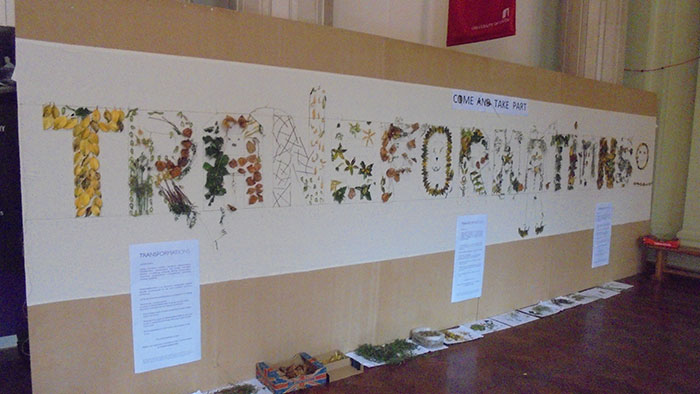
In autumn 2014, I received the information that a special session at the ESEE conference with the topic “Ecosystem services and natural resources of the north – sustainability, values and trade-offs” is planned and I thought it might be a good idea to submit a conference paper and present my research work in this session. Particularly the topics that embrace the special session, but also the overall conference theme that was related to transformations of ecological economics, attracted my attention and I had not to think a long time to decide that I will go to Leeds in summer 2015.
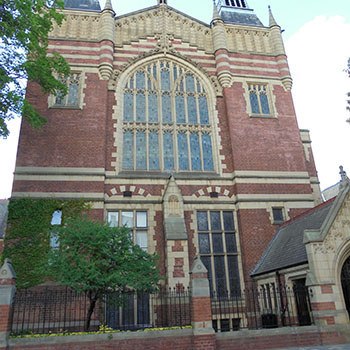
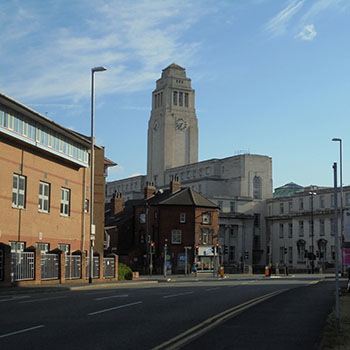
My paper with relation to the special session comprised four metal mining case studies, meaning one case study in each Barents region country. The most relevant part of my study was the analysis of CSR related content published by mining companies (e.g. sustainability/CSR reports, CSR website-content, etc.). In addition to the established CSR policies and practices, it was essential for me to reveal which CSR standards the companies use to improve their environmental and social performance and which stakeholders the companies put into focus and which they possibly neglect. After the presentation, we had a short discussion in the session about the incentives of companies to do voluntary activities to improve the named performances and also if CSR is a useful approach or if international and national laws (hard-law) are not rather sufficient. Overall it seemed to me that the audience agreed that CSR has its growing relevance and that the concept is beneficial, particularly to reduce negative environmental impacts. The mining sector as a whole was criticised by some participants of the session and these critics uttered their scepticism about sincere company motives to implement CSR strategies inside their business.
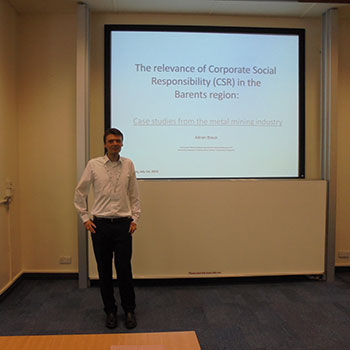
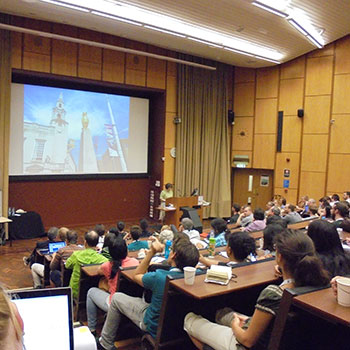
Apart from the special session, there were plenty of other sessions, including some key note speeches that caught my attention. These were amongst others “degrowth and steady state economics”, “natural resources: management, use and conservation”, “governing ecosystem services” and “consumption, behaviour and sustainability”.
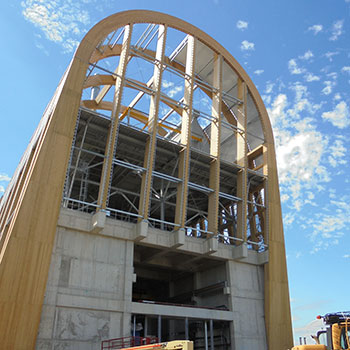
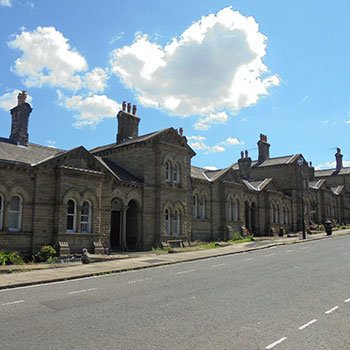
The organisers underlined their creativity and hospitality once again by offering a wide-ranging social programme for the delegates. In this respect, I was able to visit the new “Recycling and Energy Recovery Facility” of Leeds and listen to local water consumption and wind energy experts and their journey to make Yorkshire a more environmentally friendly place. Moreover, I joined a group that visited “Saltaire”, a Victorian model village in West Yorkshire that was developed by an industrialist in the mid-19th century and was a good example of that time in achieving profits on the one hand by running the textile mill but also enable decent working and living conditions for the workers.
Text and Photos: Adrian Braun